"all art is surface" and that surface is "the first reality". Are you
talking about the same thing and what depths are negated by privileging
surface?]
[In Less Than One you deny the hegemony of the "linear process", yet
immediately follow this with a (linear) paradigm -- "A school is a
factory is a poem is a prison is academia is boredom, with flashes of
panic." Again, shortly after arguing that narrative, like memory,
should be non-linear (ie digressive), you assert that history is cyclic
(a linear image). Would you comment firstly on the nature of these
contradictions and secondly on the problematic of linearity in your
writing?]
don't believe I have "the problematic of linearity" in my writing. But
having said that I must admit that stanzaic composition indeed
possesses the kind of morphology similar to that of crystals
growing.
["Selected Essays" is, it seems to me, self-consciously
aphoristic: self-conscious in poetic rather than prosaic decision
making (eg "The more indebted the artist, the richer he is."). Can you
expand?]
[How completely do oppressive political regimes destroy individualism?
I am thinking that individualism may find alternative modes of
expression, that it is not something which can be cultured or
suppressed but is an innate predisposition. Similarly, in a "free"
society, expressions of "individualism" are often no more than a
reclothed lumpen consciousness.]
can be reduced, thus conditioning the former. So you may find yourself
disliking,say, Mao instead of Wittgenstein. In a free society you can
do both; in a free society you have a better chance to define your true
enemy, which is the vulgarity of the human heart.
[You glibly put Sholokov's Nobel Prize (65) down to "a huge shipbuilding
order placed in Sweden" (Less Than One). How credible do you find the
"All Literature Is Politics" argument?]
[Post-war poetry in the USSR and the USA has vast stylistic/ thematic
differences. First, are you now looking to become part of the American
tradition and second, how (critically) constrained do you feel in
relation to American culture?]
the American culture, some of it I find revolting, some awe-inspiring.
Its diversity rules out a possibility of total approach.
[In the Preface to "A Part of Speech" you mention reworking translations
of your work to bring them closer to the original in terms of content
rather than form. Has this forced choice, emphasising content over
form, caused you to rethink your attitude to language in any way?]
translating but not in the process of composition.
[How is poetry best read -- aloud to an audience or silently to oneself?]
[Although memory fails to adequately reconstruct the past (In "A Room and
A Half") has poetry allowed any successful reconstruction?]
about.
[When Publius says, "Home!...where you won't be back ever." (Marbles),
is this Joseph Brodsky speaking to us directly or is it facile to draw
comparisons between an author and his characters?]
[Your work draws on many other literary sources making for more or less
esoteric writing. What is your attitude towards the accessibility of
your work?]
your remark highly surprising. If my stuff strikes you as being
esoteric then something is really off with the City of Liverpool.
*
___

and lives in New York. Aged only 47 he is one of the youngest ever to
have been awarded a Nobel Prize in Literature. A sign of the luminous
intensity of his writing is that he has already been translated into
more than a dozen languages.
classical Russian tradition with predecessors such as Pushkin and the
Nobel Prizewinner Pasternak. At the same time he is a masterly renewer
of poetical language and poetical forms of expression, inspired by Osip
Mandelstam and Anna Achmatova among others.
the metaphysicist John Donne to W. H. Auden, he who wanted to be a
lesser, atlantic Goethe. That language is the stuff that empires are
made of is a vital thought with Brodsky as well.
one meets in his work is of a nature that adheres to no creed.
Metaphysical and ethical questions are paramount.
has greatly influenced Brodsky's writing. It has given it an unusual
wealth of themes and manifold perspectives. Together with the writer's
profound insight into the literature of earlier epochs it has also
conjured up a grand historical vision.
Soviet in 1972 naturally involved a severe nervous strain for the poet.
In the poem [1972] in the collection [A Part of Speech]
(1980) he depicts how he will gradually lose hair, teeth, consonants,
verbs, and endings. Nevertheless he is now engaged on a prolific
poetical work in Russian. Parallel with that he takes an active part in
the translation of his works into English and sometimes writes directly
in this language to great effect [History of the Twentieth
Century] (1986) is a series of poems in a tone of raillery and
parody, written with a quite amazing mastery of the English idiom.
has said, thus indicating a main theme in his writing. Parting,
becoming deformed, growing old, dying are the work of time. Poetry
helps us, gives us basically the only possibility of withstanding the
pressure of existence.
to totalitarian societies, in which the poet can become the mouthpiece
for those who apparently are silent, or to open societies in which his
voice threatens to be drowned in the flood of information. In the
brilliant collection of essays [Less Than One] (1980) Brodsky
feels his way in towards the core of the problem from various
directions. The poet is a word craftsman, a master of language. Poetry
is the highest form of language. Brodsky sees it also as the highest
form of life. The poet becomes an instrument with a questioning sound.
and space which characterizes Joseph Brodsky's writing and at both the
intellectual and sensitive side of this rich and intensely vital work.
___


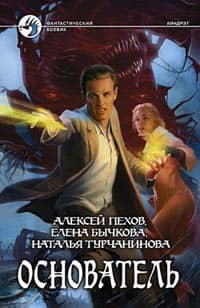
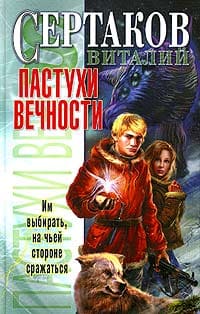
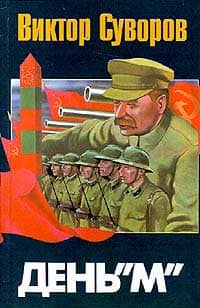
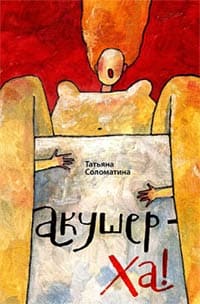
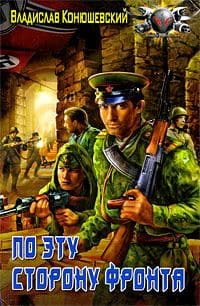 Конюшевский Владислав
Конюшевский Владислав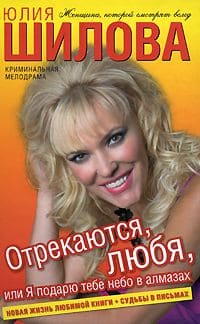 Шилова Юлия
Шилова Юлия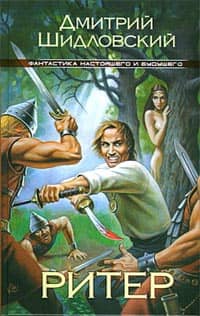 Шидловский Дмитрий
Шидловский Дмитрий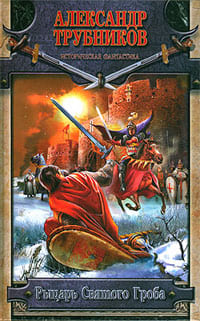 Трубников Александр
Трубников Александр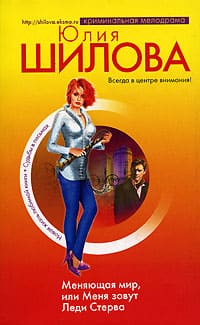 Шилова Юлия
Шилова Юлия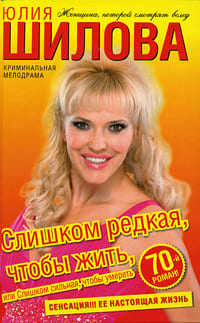 Шилова Юлия
Шилова Юлия